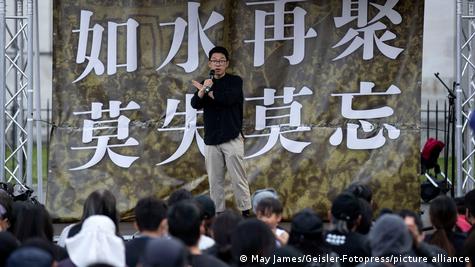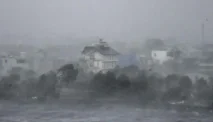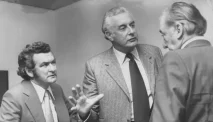Hong Kong police said the defendants’ assets will be frozen immediately. Police also warned Hong Kong citizens that financially supporting one of the eight refugees could put them at risk of breaking the law.
“The defendant has committed a very serious crime and is a threat to national security,” Hong Kong National Security Ministry Chief Commissioner Steven Li said. “They advocate sanctions that harm Hong Kong’s interests and intimidate Hong Kong officials, some of them targeting judges specifically.” and judge prosecutors,” Li added.
Four of the eight accused are Nathan Law activist Anna Kwok, former MPs Dennis Kwok and Ted Hui, legal expert Kevin Yam, trade unionist Mung Siu-tat and online commentator Yuan Gong-yi.
Li admitted that Hong Kong police had little chance of arresting the activists since they were overseas. “If they don’t come back, we can’t catch them, that’s a fact,” Li said.
National security laws have changed Hong Kong significantly. The law allows police, prosecutors and judges appointed by the Hong Kong government to handle security crime cases.
If there are strong suspicions, the case can also be referred to the Chinese mainland’s Chinese Communist Party-controlled judicial system.
At a press conference announcing the competition, Hong Kong police also said that so far at least 260 people have been arrested under the law and 79 have been convicted of crimes including subversion and terrorism.
UK-based human rights group Hong Kong Watch said the UK, US and Australia, where one or more activists are asylum seekers, should issue statements to ensure the “safety of said activists and the rest of the Hong Kong community Overseas.”
Great Britain also condemned the arrest warrant. British Foreign Secretary James Cleverly said Britain would not tolerate any attempt to intimidate anyone.
“The decision to issue arrest warrants for eight activists, some of whom are in the UK, is an example of the authoritarian reach of China’s extraterritorial laws,” Cleverly wrote on Twitter.






